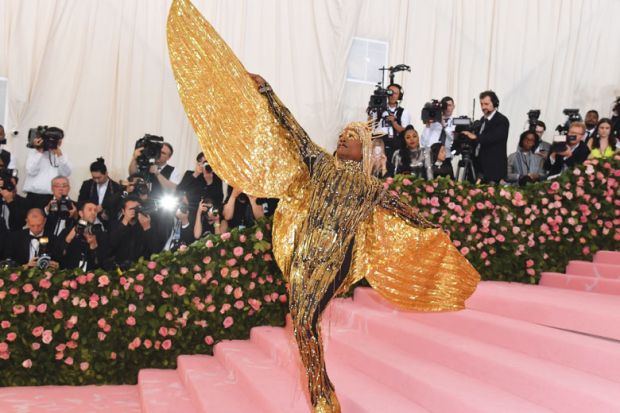Two UK vice-chancellors left their roles with extra payments of almost £200,000 last year, while others continued to receive pay rises above those of rank-and-file staff, latest university accounts show.
Bill Rammell, who stepped down as head of the University of Bedfordshire at the end of 2019, before the onset of the coronavirus pandemic, left with a £187,000 “compensation for loss of office” payment on top of his salary, the institution’s financial statements show.
And accounts from the University of Exeter confirm that Sir Steve Smith, who retired last year, left with a £185,200 bonus for meeting the conditions of a “long-term incentive scheme” first detailed in 2017-18.
It meant that he was still awarded a total of £584,000 by the university in 2019-20 even though he volunteered for a pay cut of £25,000 because of “the potential financial difficulties the university faced as a result of the Covid-19 pandemic”.
Sir Steve was not alone in the Russell Group in taking such a cut as the pandemic hit in the latter months of 2019-20, only for the effect of the sacrifice to be counteracted by other payments or increases that had already been determined.
Dame Minouche Shafik, director of the London School of Economics, took a voluntary 20 per cent cut in salary from June 2020, which is expected to continue into this year, because of the Covid crisis.
However, a 6 per cent rise in her basic salary in 2019-20 to £378,000 – resulting from the LSE’s remuneration committee restoring a portion of salary she had previously waived – pushed her overall remuneration up by 3 per cent to £507,000, including accommodation benefits.
Some Russell Group leaders did see their overall pay fall last year because of voluntary cuts, with average total remuneration for the 17 universities that have reported so far declining by 2.6 per cent to £386,000.
But Jo Grady, general secretary of the University and College Union, said “eye-watering salaries for vice-chancellors while some staff struggle to make ends meet” were a “source of shame for the university sector”.
“Most staff have seen their pay held down while spending the year under huge strain working to support students during the pandemic. There is a gaping chasm between how they and vice-chancellors have been treated,” she said.
There were also some eye-catching rises outside the Russell Group that were way above the basic 1.8 per cent pay award for rank-and-file staff in 2019-20.
Peter John, vice-chancellor of the University of West London, saw his salary rise by 8 per cent to £320,000 and his overall remuneration climb by 15 per cent to £393,000 – higher than many Russell Group leaders.
A spokeswoman said the salary uplift was “based on the outstanding achievements of the university in 2018-19. These were driven by an ambitious strategic plan and the vice-chancellor’s leadership, particularly around social mobility and widening participation.”
Bedfordshire said Mr Rammell’s loss of office payment – which was “in line with sector norms” – was made to enable a “speedy transition” to new leadership because he and the governors “did not want a protracted period of handover”.
The accounts mention “concern about the fall in student satisfaction” during Mr Rammell’s tenure, but a spokeswoman said his departure “was not connected” to this.
At Exeter, Sir Steve – who became the government’s international education champion upon leaving the university – was also in line for two additional retention payments amounting to more than £200,000 if he met certain conditions set out in the 2017-18 accounts, although these are expected to be reported later.

